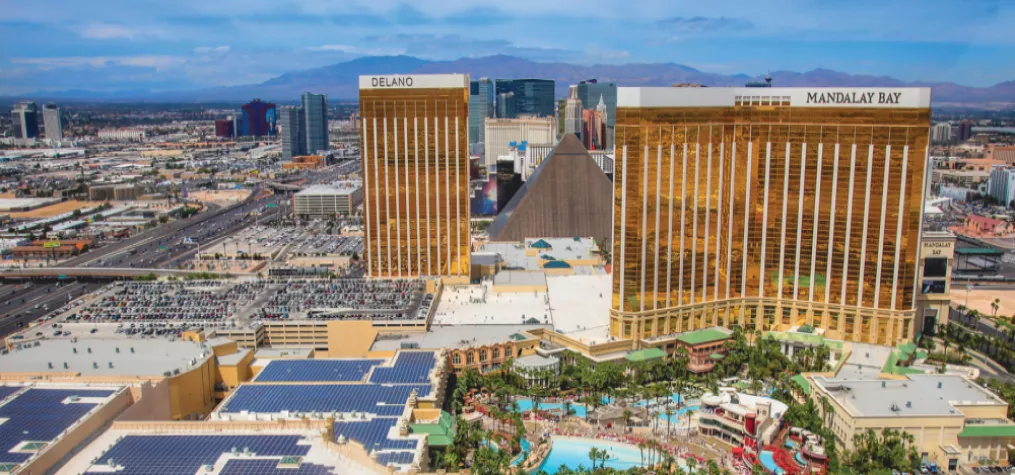Kevin Grauman

Kevin Grauman is president and CEO of QLess, a Pasadena, California-based line management system used by retail, education and government industries.
It’s become increasingly apparent that we, as a society, should level-set our expectations for a post-COVID world. While a vaccine may be available as early as this winter (or even sooner), it is unrealistic to believe a vaccine will be the elixir that immediately returns life to normal. Realistically, we’re going to have to manage the lasting results of this pandemic over at least the next two to three years.
This means, we can expect years of smaller, more localized flare-ups, which will be preventable or can be contained with high levels of adherence to basic social distancing precautions, sophisticated contact tracing, and a robust testing and quarantine infrastructure.
In other words, if the special events industry is to thrive once again, it will have to lead the way in prevention and containment. This means leveraging technology to manage the risk of becoming a super-spreader incident, which is always a strong possibility when large groups of people from all over the world gather in one indoor space or one small geographic location.
So, what does this mean in practical terms?
There is game-changing potential for technology that can identify attendees, vendors, media and staffers through facial recognition technology and badges with embedded chips. Event managers who implement this technology expansively can collect data on foot traffic and attendance patterns at panels, speeches and workshops. This will allow programming staff to set up floorplans, stagger meals and happy hours, schedule deliveries and manage program logistics in ways that maximize efficiency in space usage and enable social distancing without compromising the event’s energy.
With a significantly reduced number of attendees and participants willing to use kiosks, event planners should revisit the check-in experience. Returning to long lines at the registration booth is not an option. Platforms that enable an attendee to use their smartphone to set appointments for executive meet-and-greets, pick up swag bags, host product demos, conduct press interviews and grab food will keep foot traffic efficiently distributed throughout the event venue.
Event planners who positively contribute to contact tracing efforts once an attendee tests positive at a later date will find it easier to engender public confidence for future events and among local officials. The good news is that traffic data collection and queue management platforms provide all the tools needed to help contact tracers map the potential spread of the virus and proactively contact individuals who may have had high levels of exposure to a specific COVID-19 patient.
As we look to the next few years, we cannot become complacent. Instead, the events industry should continue to follow guidelines set forth by our leaders while implementing innovative new technology solutions that keep us safe and productive as we wait for medical interventions to take root.
